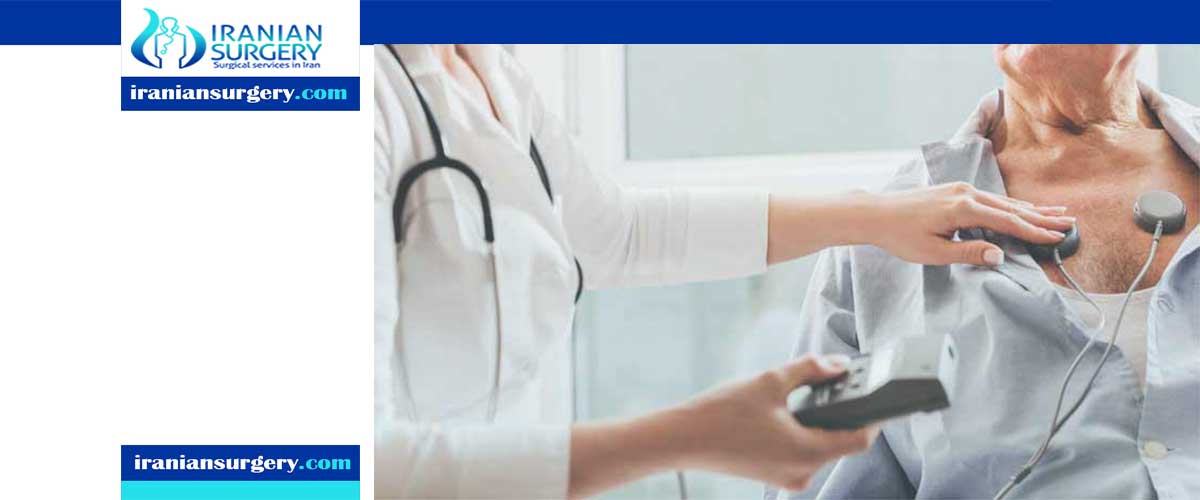Things to Avoid Eating (and Drinking) with Arrhythmia
Too much caffeine. One or two cups of coffee a day is probably fine. There are even studies that show there are health benefits of caffeine. Don’t overdo it, though – too much caffeine can raise your blood pressure and your heart rate. Watch out for energy drinks that have mega doses of the stimulant.
Alcohol. Heavy drinking can cause damage to your heart cells and cause extra heartbeats. The good news is that your heart may return to normal if you stop drinking. If having a glass of wine with dinner is part of your everyday routine, it’s okay to continue as long as it’s not causing palpitations.
Sodium. The average American eats an excessive amount of sodium, which can raise your blood pressure, cause structural changes in your blood vessels and make you more likely to develop atrial fibrillation. Foods like deli meats, soup and pizza have high levels of sodium.
Tyramine. Tyramine is an amino acid that can affect blood pressure. Aged cheese like parmesan and gorgonzola, soy sauce, sauerkraut and salami are full of tyramine.
Herbal supplements. Dr. Williams encourages his arrhythmia patients to discontinue using any herbal supplements because they may contain stimulants or other ingredients that are unregulated by the Food and Drug Administration. Some supplements may also have negative interactions with heart medications.
Oversized portions. Eating large meals can lead to heartburn, which can lead to atrial fibrillation. In general, it’s better to eat smaller portions throughout the day instead of three big meals.
What foods are good for arrhythmia ?
Do Keep Animal Fats in Check
"Sticking to a modest fat and cholesterol intake can help to lower your risk for heart problems, such as arrhythmias like Afib," Hedgepeth says. Meats that are high in fat include organ meats, beef, lamb, sausage, dark-meat poultry and poultry skin, and bacon. High-fat dairy products include whole milk, heavy cream, ice cream, and full-fat cheeses. Instead, choose lean protein sources, such as beans, lentils, and fish, and low-fat dairy.
Do Eat Healthy Fats
Not all fats are bad in a heart-healthy diet, says Lisa Cimperman, MS, RD, LD, a clinical dietitian at University Hospitals Case Medical Center in Cleveland. Foods high in monounsaturated fats, such as olive oil, canola oil, nuts, and seeds, are good additions to your diet when eaten in moderation. Polyunsaturated fats, especially omega-3 fatty acids, can be beneficial for overall heart health. Omega-3s are found in foods such as salmon, albacore tuna, sardines, walnuts, and flaxseed. Foods with these fatty acids reduce the risk for arrhythmias, decrease triglyceride levels, and slow plaque formation.
Do Use Caution When Eating Leafy Greens
It's okay to eat leafy green vegetables — just keep your daily intake consistent if you’re on the blood-thinning drug warfarin. That’s because leafy green vegetables such as broccoli, kale, spinach, asparagus, and spring onions have high levels of vitamin K, which can interfere with how warfarin works, especially if you eat large quantities. However, if you're only taking aspirin as a blood thinner for Afib, you don’t have to worry because vitamin K doesn’t affect aspirin.
Do Use Heart-Smart Cooking Methods
Cooking heart-healthy foods is easier than it may seem. As long as you start with a lean cut of meat, baking, roasting, or sauteing will allow maximum flavor with minimal fat, Cimperman says. Poaching and steaming are great ways to cook vegetables and even fish with zero added fat.
Do Add Color to Your Dinner Plate
A variety of fruits and vegetables will ensure that your diet contains disease-fighting antioxidants such as beta-carotene, vitamin C, and other phytochemicals. Aim to fill half your plate with colorful, fresh fruits and vegetables, Cimperman advises. This will also help keep your weight in check, which is key to preventing a host of ailments, including heart disease and cancer.
10 common questions about Things to Avoid Eating
[kkstarratings]




